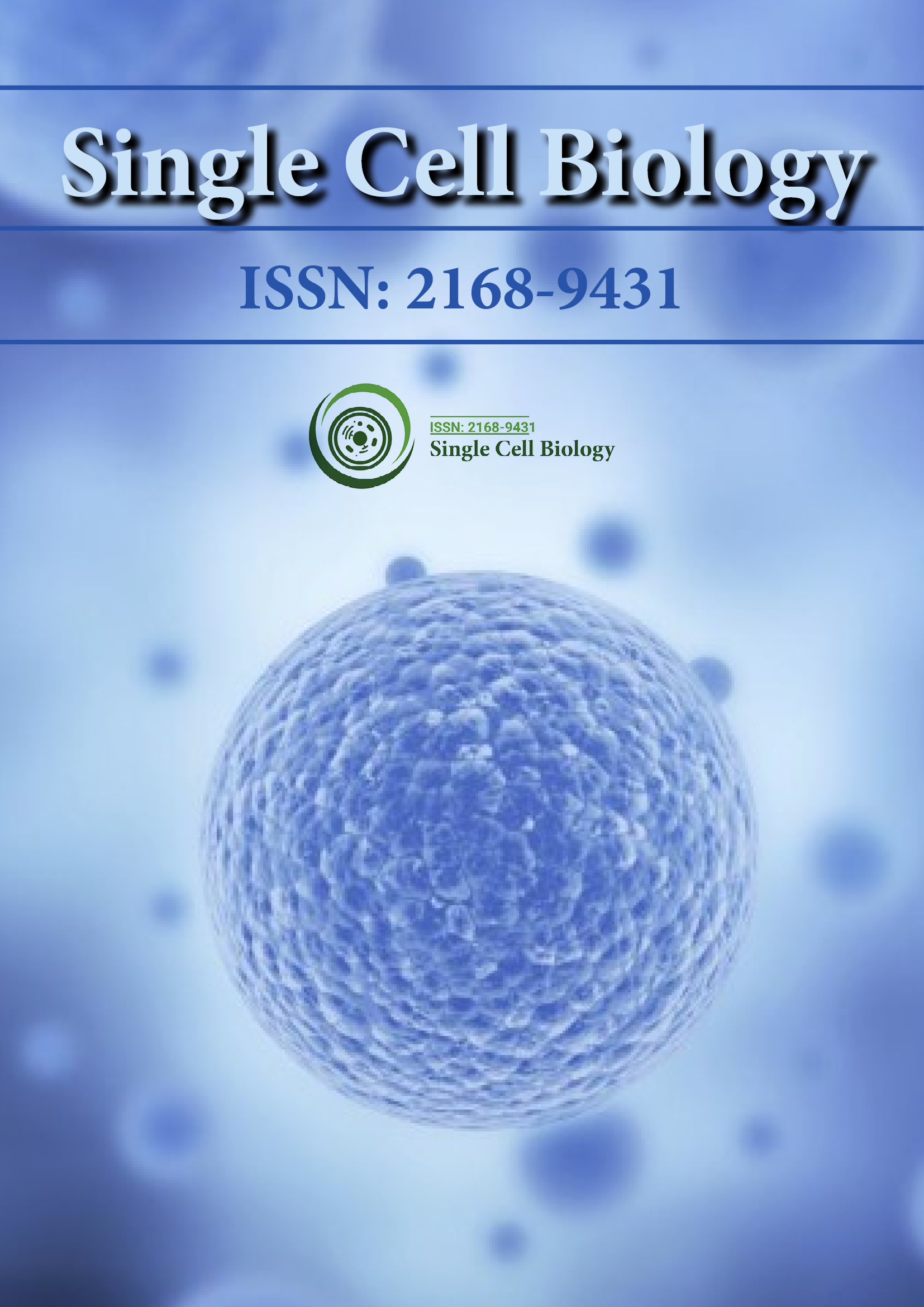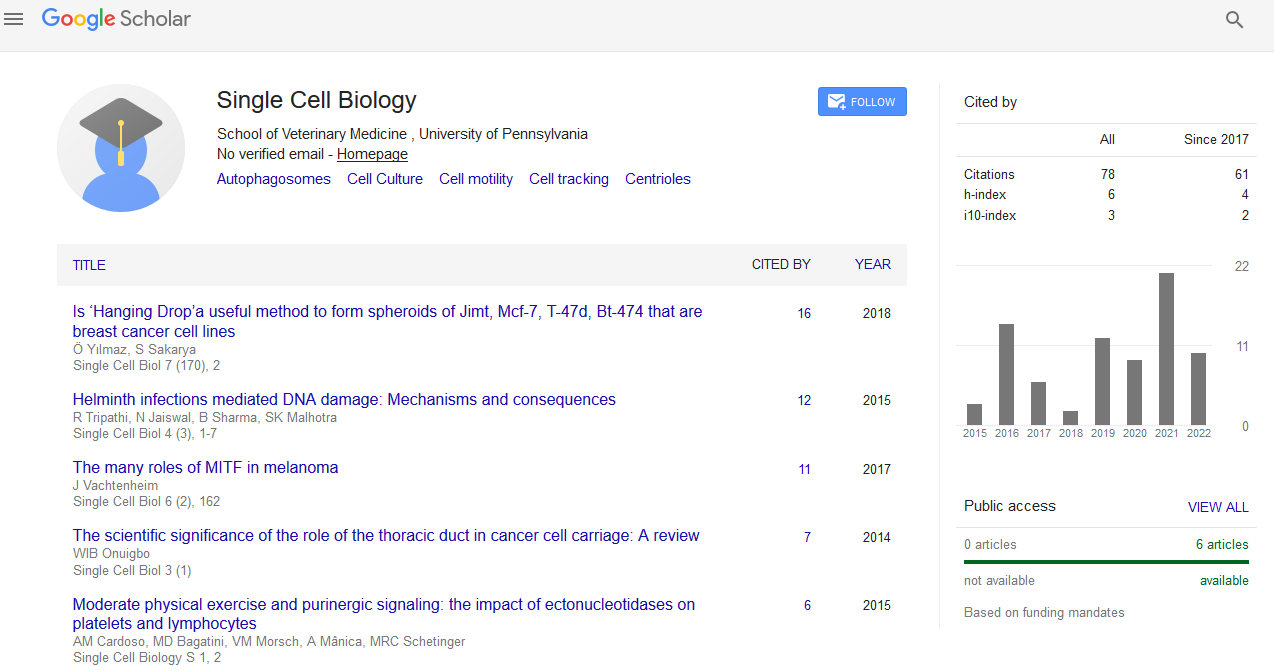PMC/PubMed Indexed Articles
Indexed In
- ResearchBible
- CiteFactor
- RefSeek
- Hamdard University
- EBSCO A-Z
- Publons
- Geneva Foundation for Medical Education and Research
- Euro Pub
- Google Scholar
Useful Links
Share This Page
Journal Flyer

Open Access Journals
- Agri and Aquaculture
- Biochemistry
- Bioinformatics & Systems Biology
- Business & Management
- Chemistry
- Clinical Sciences
- Engineering
- Food & Nutrition
- General Science
- Genetics & Molecular Biology
- Immunology & Microbiology
- Medical Sciences
- Neuroscience & Psychology
- Nursing & Health Care
- Pharmaceutical Sciences
Abstract
p300-Dependent Chromatin Remodelling Regulates Multiple Liver Functions
Leila Valanejad and Nikolai Timchenko
Liver is a one of the largest tissues that performs a variety of complex functions which support body homeostasis including detoxification and providing essential molecules to the blood. Disorganization of liver functions is one of the main characteristics of several severe diseases including liver cancer and non-alcoholic fatty liver disease (NAFLD). Understanding the mechanisms which control functions of the healthy liver is highly important for development of approaches for treatments of liver diseases. Although the role of chromatin remodeling in liver biology has been documented by many reports, the precise mechanisms of this regulation are not well understood. We have recently determined these mechanisms using transgenic mice which express a dominant negative p300 molecule, dnp300 mice. This animal model is an excellent tool for the examination of the role of p300 since activities of the endogenous p300 are inhibited in these mice. An examination of global changes in expression of genes in livers of dnp300 mice revealed that p300 regulates multiple pathways. These pathways include chromatin remodeling, DNA damage, fatty liver, oncogenes, apoptosis, cell cycle and translation. One of the key specific pathways of p300-dependent regulation of liver functions is the co-operation of p300 with C/EBP family proteins. Our long term studies of C/ EBPα-p300 complexes in biological processes of the liver included investigations in wild type mice and in genetically modified animal models with elevated or reduced amounts of C/EBPα-p300 complexes. Examination of these animal models elucidated mechanisms by which C/EBPα-p300 complexes are involved in development of NAFLD and in regulation of liver proliferation/regeneration and liver injury. This review summarizes the knowledge obtained in these genetically-modified animal models with altered chromatin structure.

